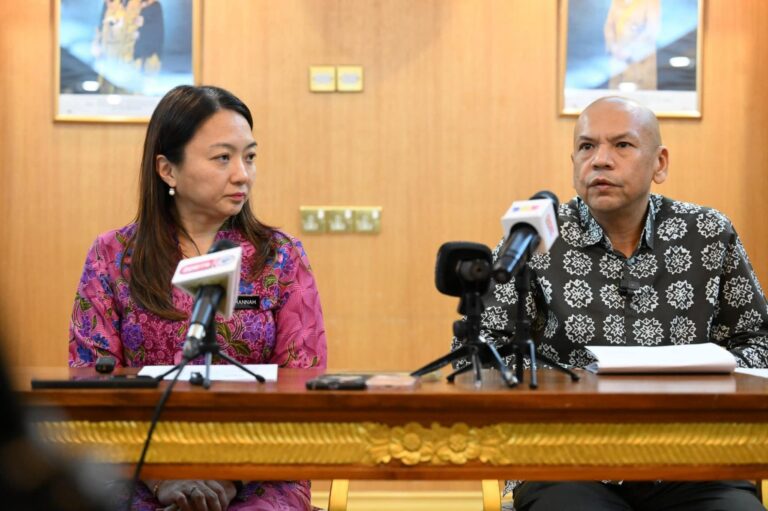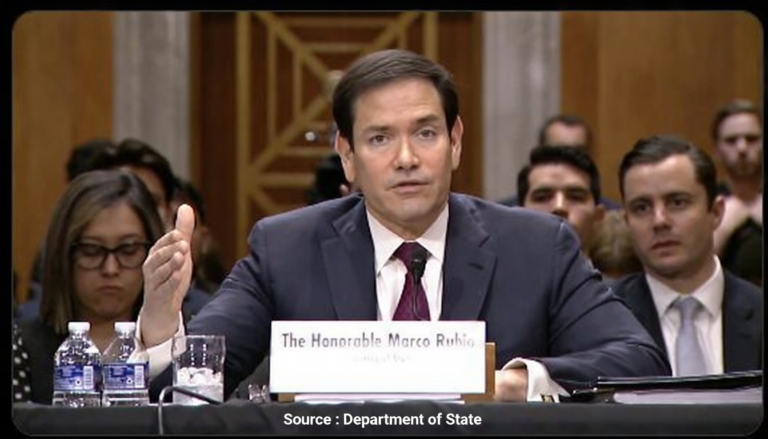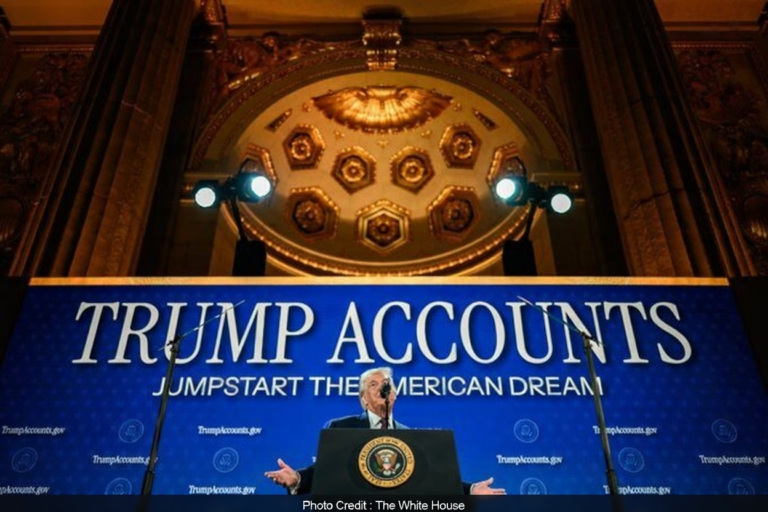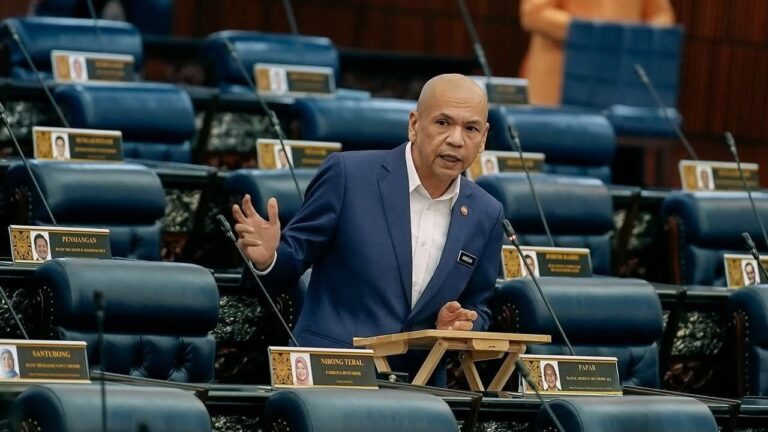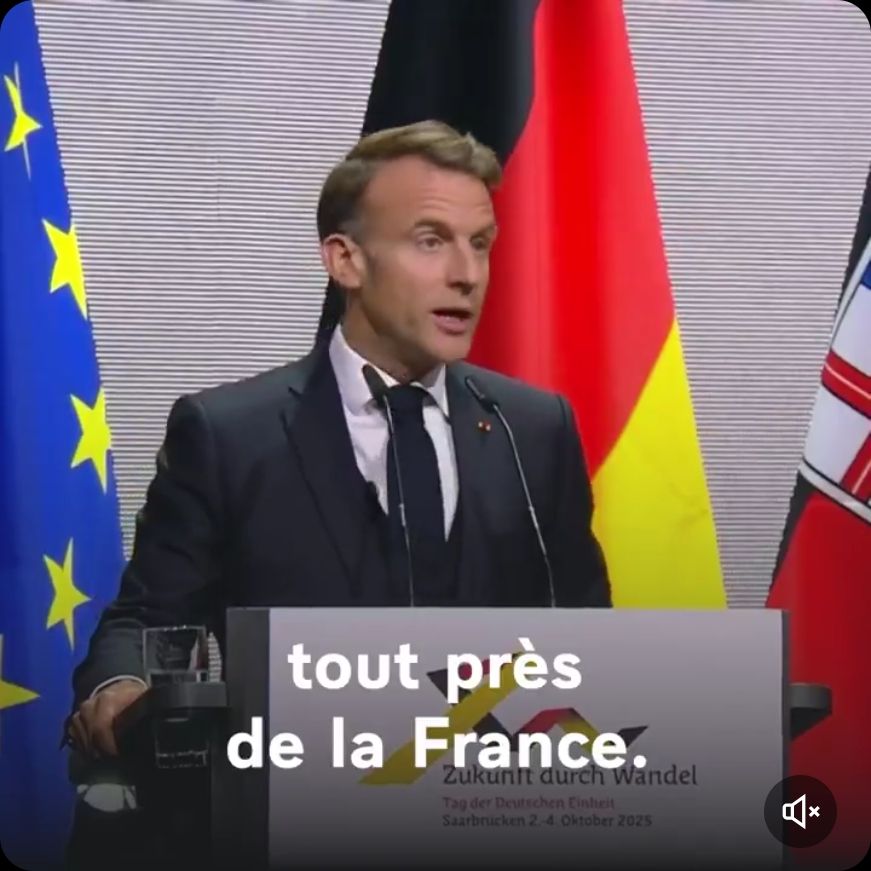
PARIS, Oct 7, 2025 – In a spectacle that has become all too familiar for French politics, Sébastien Lecornu’s tenure as prime minister lasted a mere 26 days before crumbling under the weight of coalition infighting, marking the shortest government in the history of France’s Fifth Republic.

Lecornu, a centrist ally of President Emmanuel Macron, was thrust into the fractious National Assembly last month in a desperate bid to steady a ship of state adrift since Macron’s gamble on snap legislative elections in June 2024. That high-stakes call, triggered by the far-right’s surge in European Parliament polls, backfired spectacularly, delivering a hung parliament where no single bloc holds a clear majority. The leftist New Popular Front coalition scraped together 193 seats, Macron’s Renaissance party claimed 166, and Marine Le Pen’s National Rally locked in 142 – a recipe for gridlock that has since poisoned every attempt at governance.
The fallout has been relentless. Macron’s initial rejection of the left’s prime ministerial nominee ignited street protests and even impeachment bids against the president himself. Michel Barnier’s conservative-led government, installed in September 2024, survived just three months before a no-confidence vote toppled it in December over contentious budget cuts – the first such ouster since 1962. His successor, François Bayrou, fared marginally better with a nine-month stint that ended in September 2025 when austerity measures failed to pass muster in a divided assembly.
Lecornu’s abrupt departure on Monday came after conservative allies bolted from the fragile coalition, protesting a controversial cabinet appointment that tipped the scales toward Macron’s inner circle. “This isn’t governance; it’s a game of musical chairs with France’s future as the prize,” quipped one anonymous Renaissance lawmaker, capturing the exhaustion rippling through the halls of power.
The political merry-go-round has ground France’s economy to a halt. With the 2026 budget stalled in limbo, the nation teeters on the brink of default on its staggering €3 trillion debt pile. Bond yields jumped 20 basis points on Monday as jittery investors braced for more chaos, while Macron’s approval rating languishes at a dismal 28%. A recent poll reveals 51% of voters now crave his outright resignation to break the deadlock.
Beyond the domestic drama, the turmoil is eroding France’s clout in the European Union. Joint fiscal reforms hang in the balance as Macron’s influence wanes, all while the far-right’s shadow lengthens ahead of the 2027 presidential race. As one senior EU diplomat put it off the record: “Paris used to lead the orchestra; now it’s fumbling for the baton.”
For now, Macron faces the unenviable task of cobbling together yet another coalition – or risking fresh elections that could hand the keys to Le Pen. In a nation famed for its revolutions, this slow-burn crisis feels like a plot twist even Victor Hugo couldn’t have scripted.





